Artist: Brutality Album: In Mourning
Year: 1996Duration: 0:0-1
Revisiting Brutality's In Mourning Album: A Critical Review
The death metal scene of the late '80s and early '90s was characterized by a great number of underground acts that sought to push the lugubrious and menacing sounds of their predecessors even further. Brutality, one of the genre's most underrated bands, released In Mourning in 1996, a record that showcased their relentless approach to death metal. In this review, we'll go through the history of the band, the musical direction of the album, the best tracks, the most innovative moments, and, of course, a fair critique of their work.
A Brief History of Brutality
In 1986, in Tampa, Florida, a group of young guys founded Brutality. Initially influenced by the likes of Slayer and Exodus, their music sounded rather thrashy. However, as their songwriting evolved, they began to add more death metal elements to their sound. After multiple demos, they signed to Nuclear Blast and released Screams of Anguish, a debut album that placed them alongside other death metal greats like Obituary and Deicide. Fast-forward to 1996, and Brutality had two albums and countless shows under their belts. In Mourning marked a departure from their previous works, as the band opted for a more progressive approach to their music without forsaking their death metal roots.
Musical Direction
The album's opening track, These Walls Shall Be Your Grave, sets the tone for what's to come. The track starts with an eerie melodic guitar line before unleashing an avalanche of blast beats, growls, and swirling riffs. What's remarkable about In Mourning is how the band manages to retain their brutality while incorporating more intricate song structures and elements of prog, doom, and even jazz. Electric Funeral, a Black Sabbath cover, is a perfect example of this; Brutality makes the track their own by adding more dissonant passages and a staggering performance by vocalist Scott Reigel.
Best tracks
In Mourning contains some of the band's best material to date. Race Defects is a standout track; it's a fast-paced, riff-heavy song that showcases the band's virtuosity without losing any of their ferocity. When the Sky Turns Black is a doom-laden track that has a melancholic atmosphere throughout. The title track stands out as well, a song that features an acoustic guitar intro before unleashing a mid-tempo assault.
Most innovative moments
Brutality never shies away from experimentation. Artistic Butchery is a prime example of how the band incorporates melody into their sound without sacrificing the intensity that characterizes their music. The track features a multitude of vocal ranges, from Reigel's growls to clean singing. Oblivion highlights the band's ability to add complexity to their songwriting while keeping the listener engaged.
A Critique of the Album
While the album has aged well, some critics pointed out that the record could have benefited from a sharper production. Also, some songs tend to drag a bit, especially towards the end of the album. The incorporation of different musical elements, while impressive, can also come across as haphazard. However, these criticisms are minimal compared to the album's overall quality.
Brutality's In Mourning is a testament to the band's ability to evolve while still retaining their signature sound. The album is a must-listen for death metal fans and a lesson on how to incorporate different elements into one's music without losing the intensity that makes it unique. The most impressive part of the record is how well-crafted the songs are, each one displaying a subtlety that one doesn't expect to encounter in the genre. In Mourning is Brutality's testimony to their longevity and contribution to the death metal scene of the '90s and beyond.
Other #Death metal albums:
SIMILAR BANDS
balls, from 1 to 5, describe similarity between the two bands
SOMETHING NEW? LISTEN TO RADIOGENRE
SUGGESTED PLAYLISTS

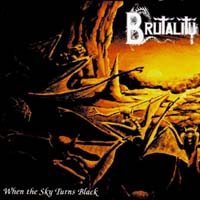
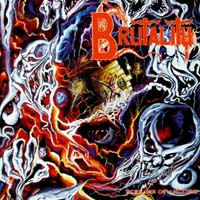

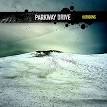
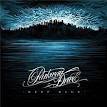
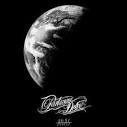
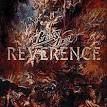
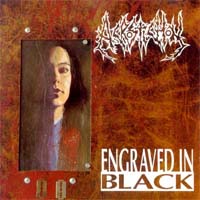
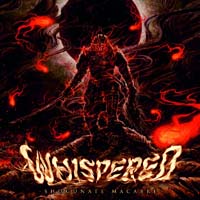
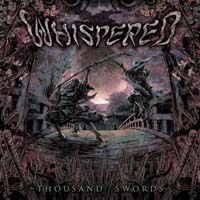

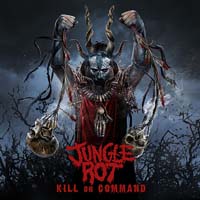


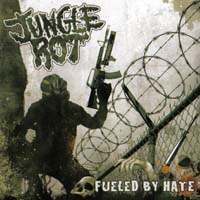
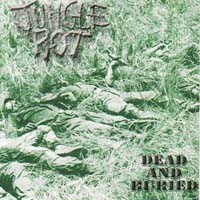
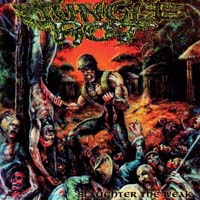

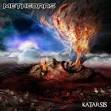
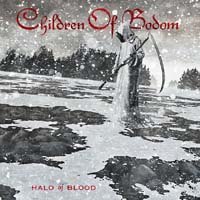
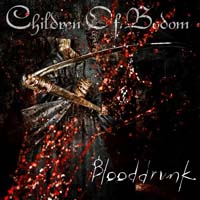

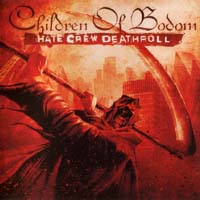
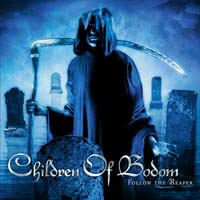
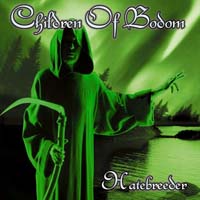
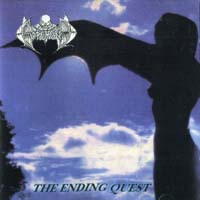
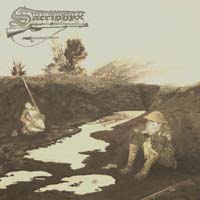
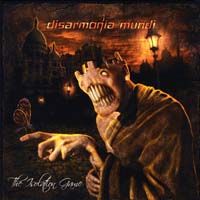
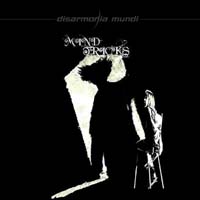
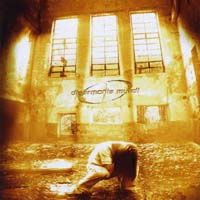
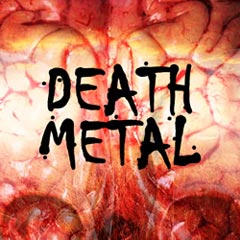
 Psytrance
Psytrance Heavy metal
Heavy metal Jump up
Jump up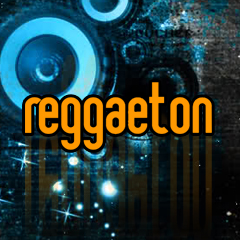 Reggaeton
Reggaeton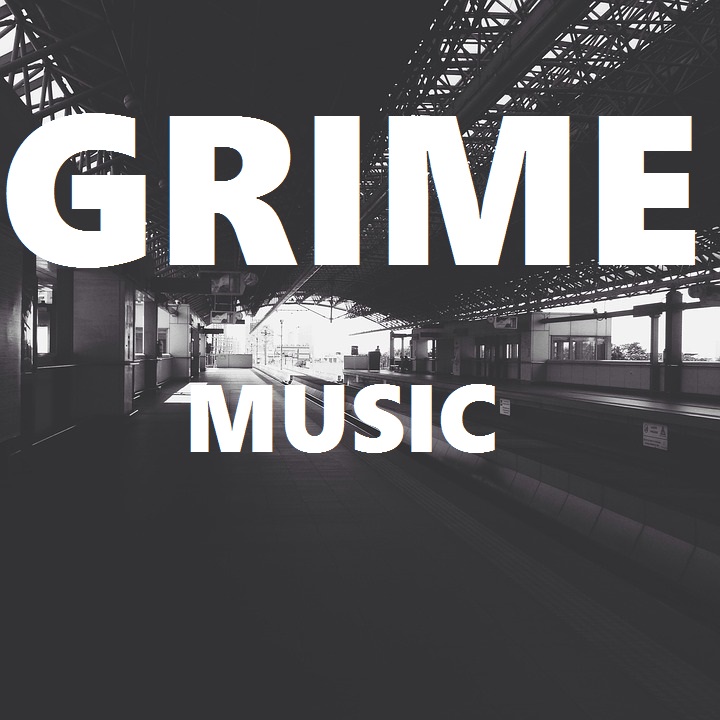 Grime
Grime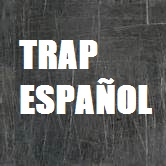 Spanish trap
Spanish trap Dembow
Dembow Suicide girls
Suicide girls Hardcore punk
Hardcore punk Ska punk
Ska punk The very best of reggae roots
The very best of reggae roots The very best of boogie-woogie
The very best of boogie-woogie The wind from the Far East
The wind from the Far East Experiment with the sound space
Experiment with the sound space The rules of Kingston, everybody against Babylon
The rules of Kingston, everybody against Babylon Body pump music tracklist
Body pump music tracklist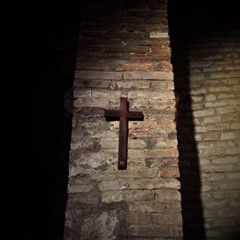 Finding God in music
Finding God in music Rock party!
Rock party!